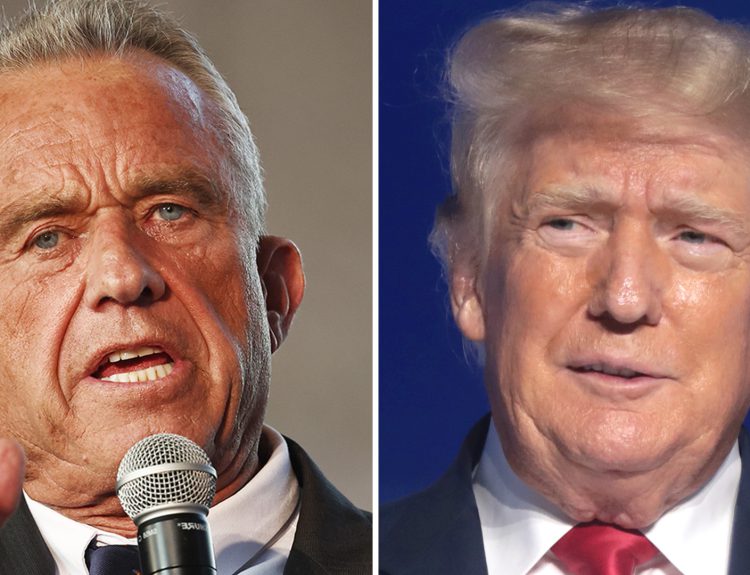China is one of the world’s largest economies, and when they make a decision, the world takes notice. Some of their decisions affect the world as a whole, but some are more nuanced and only affect a small subset of people or countries. A recent development on the world stage has seen a showdown forming between China and an unexpected adversary: Argentina.
A Multi-Billion Dollar Deal
The government of China recently made a decision to halt a currency swap deal with Argentina that was worth $6.5 billion. It did so in light of the most recent Argentine presidential election, which saw the installment of Javier Milei as the new president of the country.
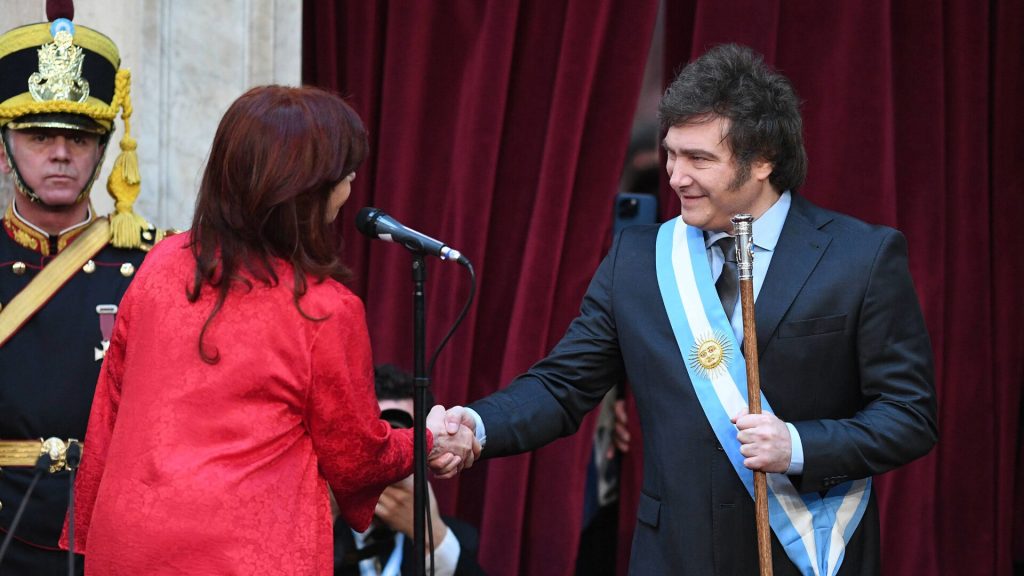
The official statement from the Chinese government is that the deal was halted due to Milei’s anti-communist and anti-China rhetoric. The right-wing libertarian candidate ran on a campaign that was tough on China, and he has only dug in on this stance in the weeks and months since he was elected.
A Swift Turn Into Left Field
Milei’s stance is in stark contrast with the opinion and policies of his predecessor, Alberto Fernandez. Indeed, ahead of Fernandez leaving office, he visited with Beijing in order to strengthen ties between their two countries and claimed that China was a “great friend of Argentina.”
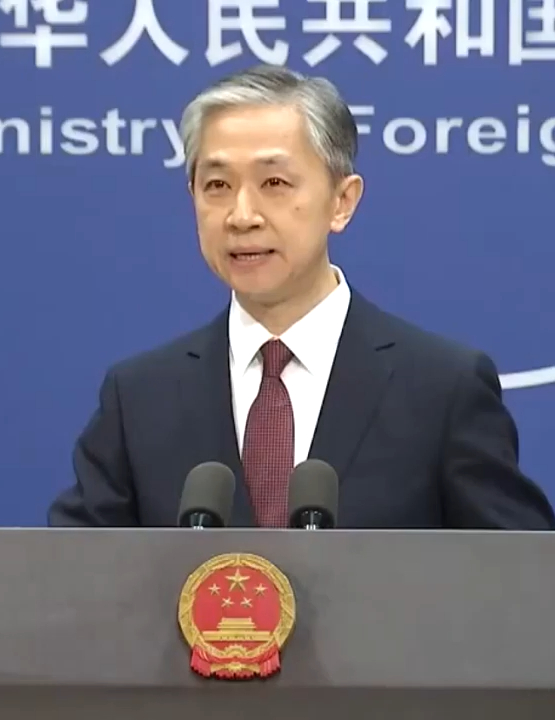
The South China Post was the newspaper that broke the news of the deal being halted, and the wording of the article implied that reasoning was Milei’s anti-China stance. There has been no formal confirmation from the Chinese embassy in Argentina, though, meaning that a lot of information is hearsay.
The Current Swap Deal Explained
The currency swap deal is an agreement that has been made between Argentina and China since 2009, renewed annually to the benefit of both parties. The arrangement states that the two countries will each make a certain amount of their own currencies available to the other party, in a type of non-automatic line of credit.

Argentina has been struggling with a dollar deficit and has been near an international deficit for some time, and therefore the deal with China has been crucial to its economic stability. China halting the deal could have significant consequences for Argentines, a fact that has not gone unnoticed on the international stage.
A Drastic Change to the Political Landscape
Prior to the recent drastic policy change, China had agreed to extend the agreement. The agreement was made in discussions with Sergio Massa, who was Argentina’s Minister of Economy at the time. This was prior to Milei’s election to the presidency, though.

Milei being elected a President drastically changes the political landscape in Argentina. During his campaign, he was firm in his stance that he would not do work or political agreements of any kind with Communist countries, and called out China in particular.
More Theories as to Why
Despite his strong rhetoric during the electoral campaign, it appears that Milei may have softened his stance towards China in the weeks since his election. While China suspended the deal, Milei has reached out with the intent of renewing the currency swap deal, suggesting an attitude much closer to that of international cooperation.
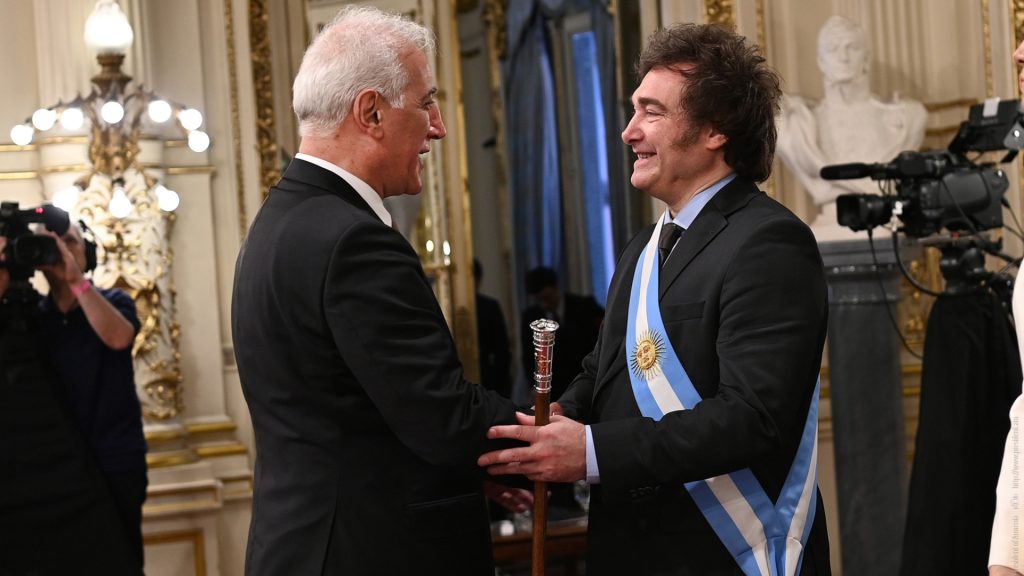
Some media outlets in Argentina have suggested that a recent military deal with the United States may have been the true motivation behind China revoking the currency swap deal. If this theory is true, it might require more than a kind word from Milei before China is willing to revisit the economic agreement between the two countries.
Looking For Other Options
In light of China’s halt of the deal, Argentina is left in a type of economic limbo. With its debts needing to be paid and an economy whose GDP cannot fulfill the demand, Argentina is being forced to look for alternative sources to fund their economy.
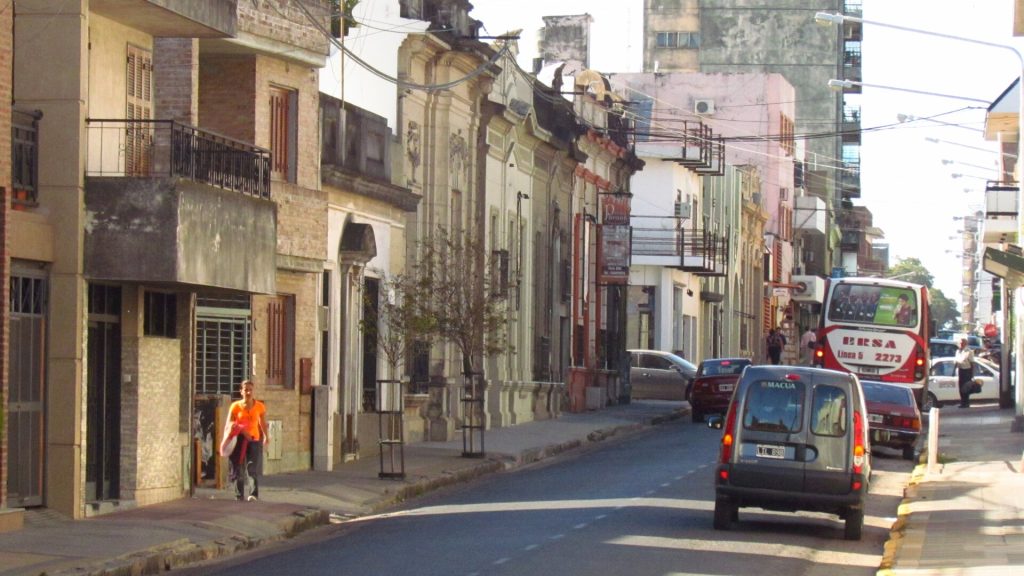
One such option might be debt renegotiation with the International Monetary Fund (IMF). Like any other debt renegotiation, this would entail looking at Argentina’s resources and restructuring its debt in order to achieve a more affordable payment. Without China’s financial support, though, reaching a positive outcome with the IMF might prove challenging.
China Making a Bold Move
China’s decision to halt the currency swap deal is a stark example of the exact manner in which political ideology can affect international relations. Economic relationships are a delicate give and take between countries, and even the smallest misstep can result in great upset.

It appears that the choice to halt the Argentine currency swap deal is not only a financial move on China’s part, but a calculated political one. China is showcasing its strength on a closely watched international stage, and issuing a subtle warning to its economic and trade partners that anti-China rhetoric will not be accepted.
Uncertainty Between Argentina and China
Representatives from both countries are remaining silent on what this means for their future relationship, and what negotiations are happening behind the scenes. It might seem obvious that the two countries would need to come back together in order to discuss a continuation of their mutually beneficial relationship.
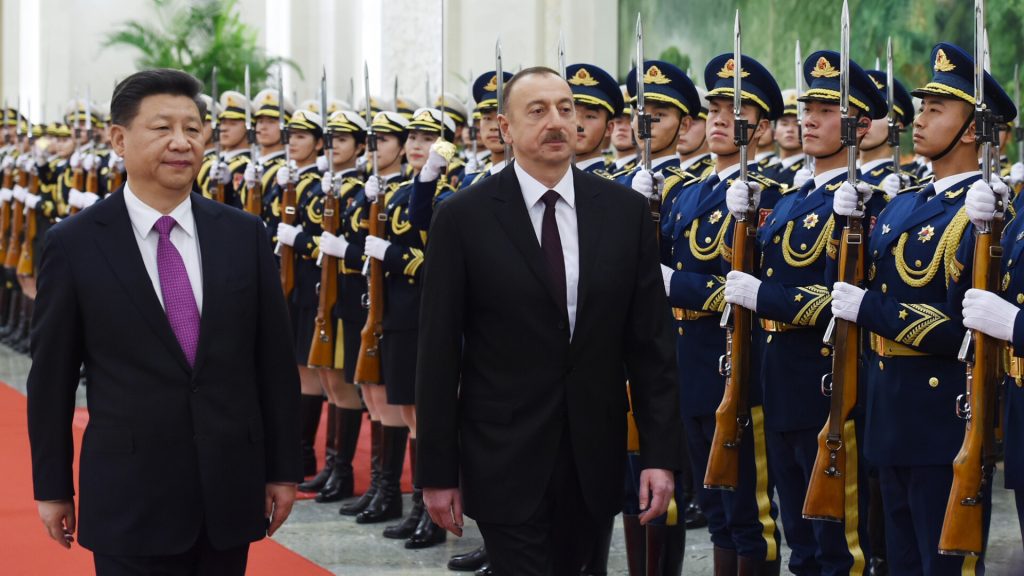
International treaties and agreements are rarely so straightforward, though. China has a significant amount of bargaining power in the situation with Argentina, and Argentina’s newly elected government might have to give up something significant in order to appease the Communist Party of China and resume economic relations.
Everyone Holding Their Breath
The international stage is watching the relationship closely, and it is near-certain that different leaders are making adjustments in their plans on dealing with the Chinese government moving forward.
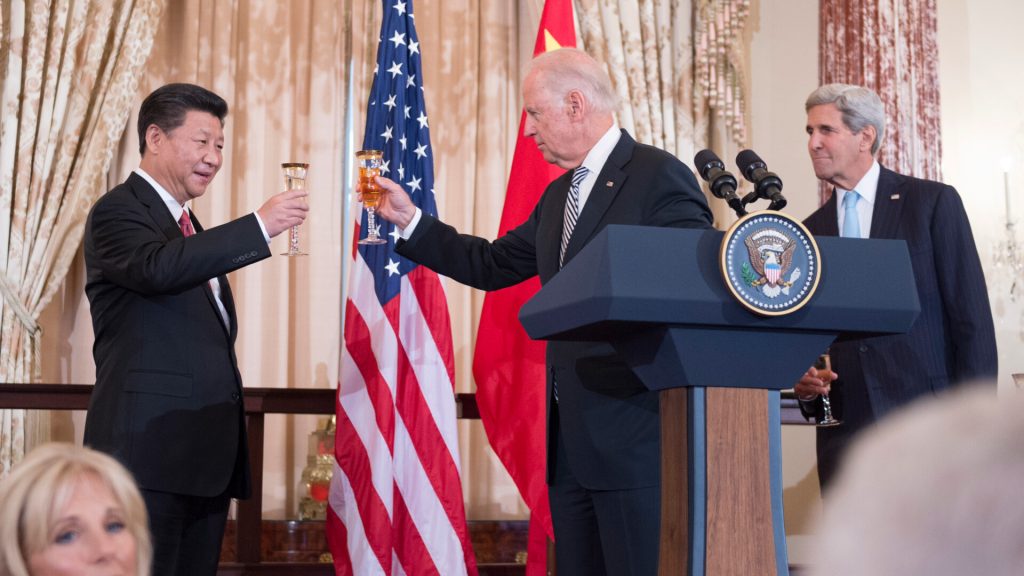
It is true that China holds an important role in international politics, but it is equally true that we all need each other to survive and thrive. China making a point of its power on the international stage is concerning, but where China is powerful now, it’s possible for it to fall just as easily. The world is watching.






